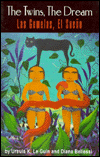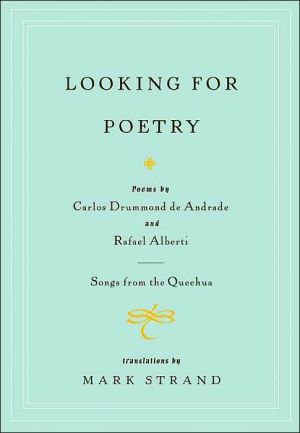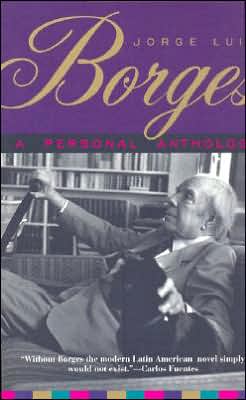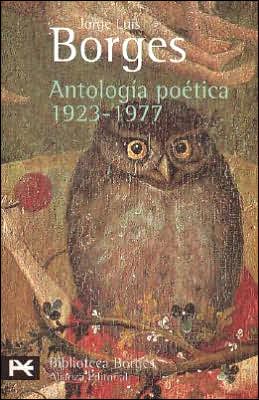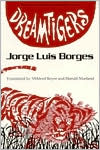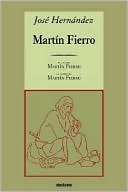Twins, the Dream - Las Gemelas, El Sueno: Two Voices - Dos Voces
In The Twins, The Dream/Las Gemelas, El Sueno, two distinguished literary voices of the Americas offer a heartfelt meditation on language, love, personal identity, and the transforming power of friendship. The two authors, Diana Bellessi and Ursula K. Le Guin have translated each other's work as a means of bridging geographical distances and fostering cross-cultural dialog. More than a composite anthology, more than a joint translation, The Twins, The Dream/Las Gemelas, El Sueno is a model of...
Search in google:
In The Twins, The Dream/Las Gemelas, El Sueno, two distinguished literary voices of the Americas offer a heartfelt meditation on language, love, personal identity, and the transforming power of friendship. The two authors, Diana Bellessi and Ursula K. Le Guin have translated each other's work as a means of bridging geographical distances and fostering cross-cultural dialog. More than a composite anthology, more than a joint translation, The Twins, The Dream/Las Gemelas, El Sueno is a model of the kind of poetry suitable for a new century in which the literature and art of this hemisphere will form the basis for integration rather than division.Publishers WeeklyThrough correspondence, Le Guin, a prolific American writer (The Left Hand of Darkness; Unlocking the Air and Other Stories, etc.), and Bellessi, an Argentinean poet, collaborated on translating each other's poems to produce this intimate exchange of language and culture. The intrinsic value of this quirky edition lies in the bilingual presentation, for the two poets' success in reaching cross-cultural audiences is limited by their lack of expertise in translation. In Le Guin's hands, Bellessi's internal rhythms are lost and words are stripped of layers of meanings. For instance, the question "?Sabas/ cuando te encontr en Pars... sabas, que te hubiera hecho el amor?" loses the poignant effect of the narrator's looking back at a youthful episode when Le Guin turns it into the statement "You know, when I saw you in Paris... you know, I would have made love to you." Bellessi, in turn, overpowers Le Guin's direct voice, at times transforming her meaning entirely. In "The House of the Spider: A Spell to Weave," Le Guin states: "They are together,/ the brother,/ no other." Bellessi changes "no other" to "el humano," shucking Le Guin's specific to express her own wider concerns. In their own languages, the poets' magic shines, as in Bellessi's adventurous "Cruising the Equator" and Le Guin's "Dos Poesias para Mi Diana," which divulges not only the title for the book, but the intimate nature of poetry and this collaboration. (Jan.)
About Translating Diana9Traduciendo a Ursula13Cruising The Equator17Nobody Gets in Here With Words79Silk Days159
\ Publishers Weekly - Publisher's Weekly\ Through correspondence, Le Guin, a prolific American writer (The Left Hand of Darkness; Unlocking the Air and Other Stories, etc.), and Bellessi, an Argentinean poet, collaborated on translating each other's poems to produce this intimate exchange of language and culture. The intrinsic value of this quirky edition lies in the bilingual presentation, for the two poets' success in reaching cross-cultural audiences is limited by their lack of expertise in translation. In Le Guin's hands, Bellessi's internal rhythms are lost and words are stripped of layers of meanings. For instance, the question "?Sabas/ cuando te encontr en Pars... sabas, que te hubiera hecho el amor?" loses the poignant effect of the narrator's looking back at a youthful episode when Le Guin turns it into the statement "You know, when I saw you in Paris... you know, I would have made love to you." Bellessi, in turn, overpowers Le Guin's direct voice, at times transforming her meaning entirely. In "The House of the Spider: A Spell to Weave," Le Guin states: "They are together,/ the brother,/ no other." Bellessi changes "no other" to "el humano," shucking Le Guin's specific to express her own wider concerns. In their own languages, the poets' magic shines, as in Bellessi's adventurous "Cruising the Equator" and Le Guin's "Dos Poesias para Mi Diana," which divulges not only the title for the book, but the intimate nature of poetry and this collaboration. (Jan.)\ \ \ \ \ Library JournalThis anthology represents a novel approach to poetry: Le Guin and Bellessi have translated each other's work. The two volumes of poetry from the early 1980s from Latin American Bellessi, appearing for the first time here in English, represent two distinct modes of expression. The strophic travelog "Cruising the Equator" is more immediate and personal: "I came to a town blotted out by sand." The poems in "Nobody Gets in Here with Words" are more lyrical, almost like haiku: "A little poplar leaf drifts,/ coming to rest/ on the surface of the river." Le Guin's selections are overall less satisfying-perhaps due to their provenance in several different volumes-and will appealing less to American audiences than her partner's. Recommended with reservations.-Lawrence Olszewski, OCLC Lib., Dublin, Ohio\ \
